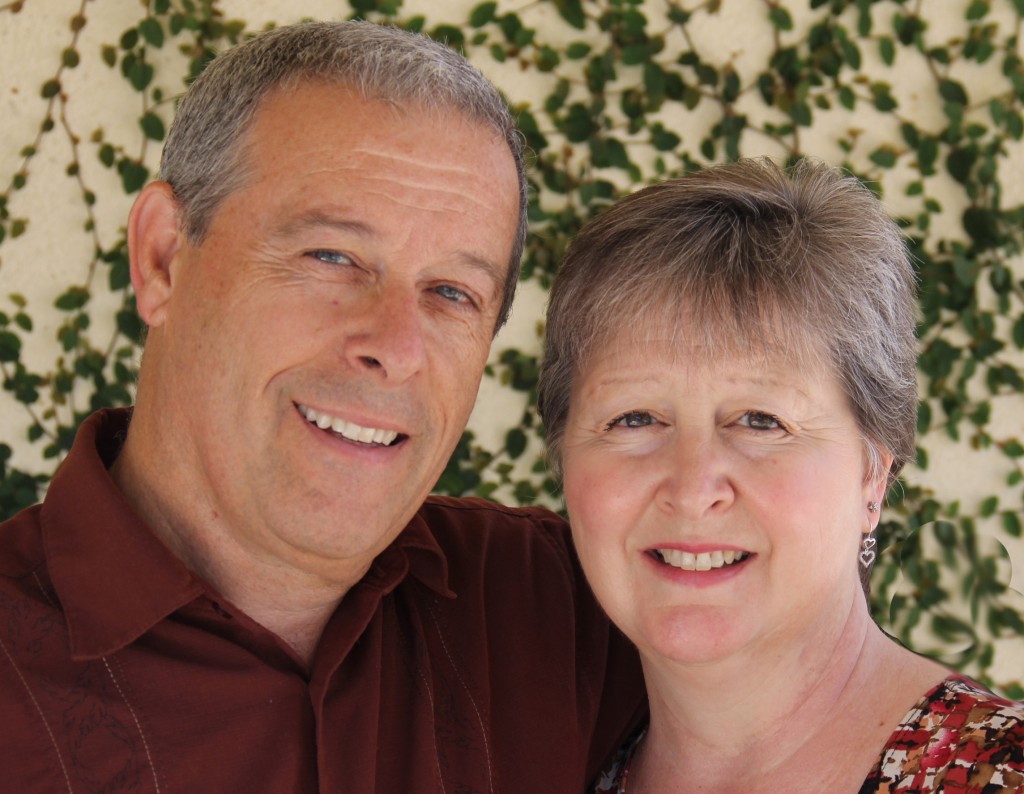QUESTION: Recently, I had a conversation with a friend who is very caring and is a faithful Christian. He is struggling with forgiveness over something that happened in a fit of anger. He recognizes his depression and anxiety often comes out as anger, and so has been in therapy, but he still has issues with destructive expressions of his emotions especially when he is under stress.
I wonder what advice, counsel, I can give him about resolving his guilt over the hurt he caused and how he can forgive himself for this incident.
~ A Concerned Friend
Dear Concerned Friend,
What you have described is a very difficult situation. You say your friend is very caring and a faithful Christian, yet he is struggling with forgiveness. But the word of God is very clear to us as believers and followers of Christ. In Ephesians 4:32, we are instructed to “be kind to one another, tenderhearted, forgiving one another, even as God in Christ forgave you.”
If your friend has repented and asked God’s forgiveness for what happened in that fit of anger and anything destructive that he caused, by God’s love and grace he is indeed forgiven. Having received God’s forgiveness, and with God’s help and guidance, he also has the grace to fully forgive himself and to move into a fulfilling and fruitful life.
May God give you wisdom and guidance in your relationship with your friend.
Pastor Tim Beck
snoopytpb@gmail.com
Dear Concerned Friend,
“Happy is he that condemneth not himself in that thing which he
alloweth” (Romans 14:22). Sometimes the greater challenge we face is conquering our own self-condemnation. If we continue to hold our self in guilt over what wrong we may have done, we become our own greatest enemy. We know that God loves us and will forgive us for any thing we confess and ask His forgiveness.
“If we confess our sins, He is faithful and just and will forgive us our sins and purify us from all unrighteousness” (I John 1:9). Forgiving our self is an important value we need to learn, otherwise we fall pry to a self-defeating thinking that traps us in guilt.
While we should thoughtfully acknowledge our wrong doing and sometimes ask the person we have wronged to forgive us, failing to forgive our self can be based on feeling we have not suffered enough or been punished sufficiently for our wrong. This means we are allowing our emotions to be our measuring stick for right and wrong. We should, as Christians, always hold what God says about an issue as the final word. If we have a misconception about the person of God and see Him as a critical, judgmental person who wants to eternally punish people for their wrongs, we will continue to hold our self-guilty. The substitution Christ did on our behalf was to provide us with forgiveness in spite of our humanness. “The death He died, He died to sin once for all; but the life He lives, He lives to God” (Romans 6:10).
In order to move on in life over our failures as an imperfect human, we must accept, by faith, the love God has shown through His plan of salvation through Christ. If we choose to not accept His forgiveness, we are actually saying our own opinion is more important or powerful than God’s. And if we hold this position, then we have allowed our opinion to hold more power over our life than God’s thoughts and actions toward and for us.
We do need to find ways to strengthen our character and control our behaviors to minimize any destructive behavior, but it is only through coming to know who we are in Christ that we will find these answers.
“I can do all things through Christ who strengthens me” (Philippians 4:13).
Advising your friend to meditate on these Biblical principles, and prayerfully endeavor to put them in play in his life, is a means for him to find relief over something that happened in a fit of anger. Lead him in prayer relating to these thoughts and encourage him to direct his thoughts according to these Biblical principles. I believe this can be the best way to help him.
Pastor Terry Neven
thegathering.socal@gmail.com
QUESTION: My husband and I are trying to help a young man (the son of our very good friends) who is a college graduate, but doesn’t want to work in the area of his college degrees. In talking with him, we’ve discovered that, instead of obtaining training and working in a vocation that he is really interested in, he tends to think he has to seek employment in a high-paying job. He’s qualified for a high-paying job, but he’s uncertain about moving forward with plans. His indecisiveness is causing his parents great despair, which is the reason we agreed to talk to him.
Is there a way we can help him decide what to do?
~ Supportive Friends
Dear Supportive Friends,
I am impressed that you are willing and eager to help this young man and his parents! Proverbs 18:24 talks about “a friend who sticks closer than a brother” and I’m inspired by your example. I am a parent with adult children and I love it when my friends reach out and are able to mentor them.
Thanks for asking for advice.
In Colossians 3:23, it says that “whatever you do, work at it with all your heart.” For that reason, I always encourage people to find work (a job) that they enjoy doing and helps them be excited about getting up in the morning. Life is too short to do something you don’t like, no matter how much money you make. If there are bills that need to be paid, you may need do some different work temporarily until the right job comes along. I’ve been told that most people don’t end up working in the field that they got their college degree and that matches with what I have observed as well. Is there a time frame in which he needs to decide what he ultimately wants to do for work? If not, I often encourage people not to make a decision before they absolutely need to do so.
Proverbs 19:2 says, “not to be hasty and miss the way.” Of course, then you will probably need to help the parents since we can easily be panicked when it comes to situations with our children!
I will pray for you and this situation. Please contact me if you think I can help you in any other way.
Reese Neyland
r.neyland@live.com
Dear Supportive Friends,
We live in a culture that reinforces decisiveness and ambition. In counseling people, my experience has been that making a decision is fraught with fear and uncertainty. We think we need to make a decision and then once that decision is made we can never change our mind again. We believe we’re stuck doing something that we don’t want to do, living somewhere we don’t want to live, being in a relationship that may not be the healthiest relationship for us. And often times we will make decisions in response to outside expectations and pressure.
I would invite you to allow this young man the space and freedom to make the best decision for himself at this moment. If he just recently graduated from college, he’s about 22-23 years old, and this is the time for him to experience a wide range of jobs. We are in a culture that doesn’t encourage us to enjoy the process or affirm that life is a progression of experiences, that life is a process of growing in emotional maturity, and spiritual awareness.
One of my favorite writers, Glennon Doyle, encourages us to make a decision then see how it works out. It might be a great decision; it might not! If it turns out not to be a great decision make another one and do something else. That’s what life is all about: trying, making mistakes, trying again. What we can do for each other is to tell one another that it’s all okay. All of it. Always.
Holly Cardone
hollycardone1@gmail.com




